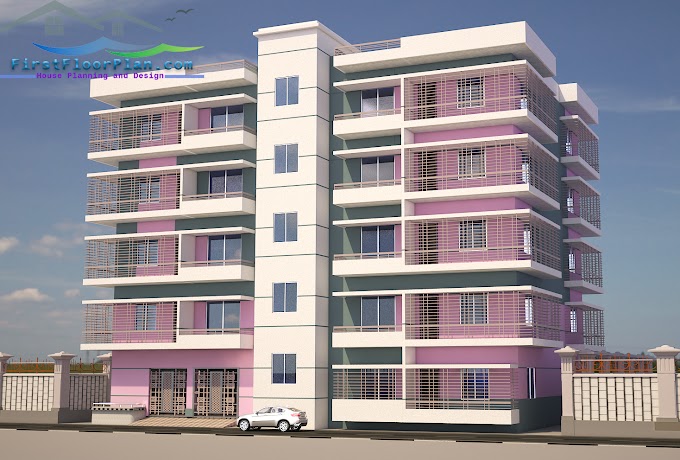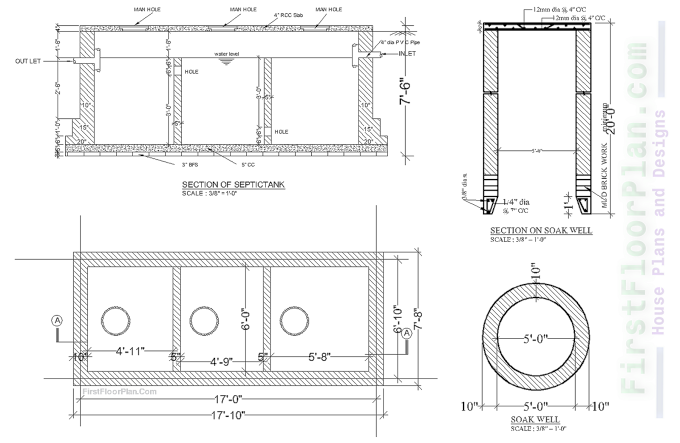In the realm of subsidized housing, the Real Estate Assessment
Center (REAC) inspections are a vital component of ensuring the safety and
habitability of rental properties. These inspections, designed to assess the
conditions of properties participating in the Housing Choice Voucher (HCV)
program, play a crucial role in safeguarding the well-being of residents. One
specific area of focus during these inspections is the evaluation of
fuel-burning space heaters, which are commonly found in many rental properties.
In this article, we will explore the most common REAC inspection deficiencies
related to HCV fuel-burning space heaters and discuss the updates introduced by
the National Standards for the Physical Inspection of Real Estate (NSPIRE) to
address these issues.
The Significance of REAC Inspections:
REAC inspections are not just a routine check; they are
essential in maintaining the integrity of rental properties and ensuring the
safety of tenants. Property owners and managers must pass these inspections to
continue participating in the HCV program, and failure to meet the required
standards can have serious consequences, including financial penalties and
potential loss of participation in the program.
Common REAC Inspection Deficiencies for HCV Fuel-Burning Space Heaters:
Fuel-burning space heaters, such as those powered by natural
gas, propane, or oil, are popular choices for heating in many rental
properties. However, if not maintained properly, these heaters can pose
significant safety risks. Here are some of the most common REAC inspection deficiencies associated with fuel-burning space heaters:
- Incomplete
Combustion: Incomplete combustion can occur when the heater doesn't
burn fuel efficiently. This can lead to the release of harmful gases, such
as carbon monoxide, into the living space, posing a grave health risk to
residents.
- Improper
Ventilation: Inadequate ventilation in the area where the heater is
located can result in the accumulation of combustion byproducts and
potentially harmful gases. Proper ventilation is crucial to maintain air
quality and tenant safety.
- Lack
of Proper Clearances: Fuel-burning space heaters must have specific
clearances from combustible materials to prevent fire hazards. Failure to
maintain these clearances is a common deficiency identified during REAC
inspections.
- Missing
or Inadequate Carbon Monoxide Detectors: Carbon monoxide is a silent
and deadly gas. A missing or non-functional carbon monoxide detector in
the vicinity of a fuel-burning heater is a significant REAC inspection
deficiency.
- Corrosion or Deterioration: Over time, fuel-burning heaters can deteriorate or develop corrosion, leading to operational problems and safety issues.
Introducing NSPIRE: Addressing the Deficiencies
Recognizing the need for a modernized and improved
inspection process for federally assisted housing, the U.S. Department of
Housing and Urban Development (HUD) initiated the National Standards for the
Physical Inspection of Real Estate (NSPIRE). NSPIRE brings about significant
changes in the inspection protocol to address the common REAC inspection
deficiencies mentioned above:
- Enhanced
Combustion Efficiency: NSPIRE places a strong emphasis on the
importance of proper heater maintenance and combustion efficiency.
Inspectors will assess the equipment's condition and ensure that it's
functioning efficiently to minimize the risk of incomplete combustion.
- Ventilation
Requirements: The new protocol provides more detailed guidance on
proper ventilation requirements for fuel-burning space heaters. This
includes checking that exhaust gases are safely vented outside the
property, thereby reducing the risk of inadequate ventilation.
- Clearance
and Safety Standards: NSPIRE sets clear standards for the required
clearances around fuel-burning space heaters. These standards are designed
to minimize the risk of fires and enhance tenant safety by ensuring that
there are adequate distances between the heater and combustible materials.
- Carbon
Monoxide Detector Compliance: The presence and functionality of carbon
monoxide detectors are closely examined under NSPIRE. This ensures that
tenants are protected from the dangers of carbon monoxide exposure.
- Inspection
of Equipment Condition: NSPIRE inspectors pay special attention to the
condition of fuel-burning space heaters, identifying any signs of
corrosion or deterioration. This proactive approach helps maintain the
safety and efficiency of these heating systems.
Conclusion
Ensuring the safety and well-being of Housing Choice Voucher
program participants is paramount. The Changes to NSPIRE for HCV Fuel-Burning Space Heaters are a significant step towards achieving this goal.
Property owners and managers should remain informed about these changes and
proactively address potential deficiencies to comply with the program's
requirements.
By addressing the most common REAC inspection deficiencies
and staying current with NSPIRE updates, property owners can provide safer and
more habitable housing for HCV program participants while also ensuring
continued compliance with federal regulations. This not only benefits tenants
but also helps property owners avoid costly penalties and maintain a positive
reputation within the housing industry. Ultimately, it's a win-win for everyone
involved – a safer and more secure housing environment for tenants and peace of
mind for property owners.












